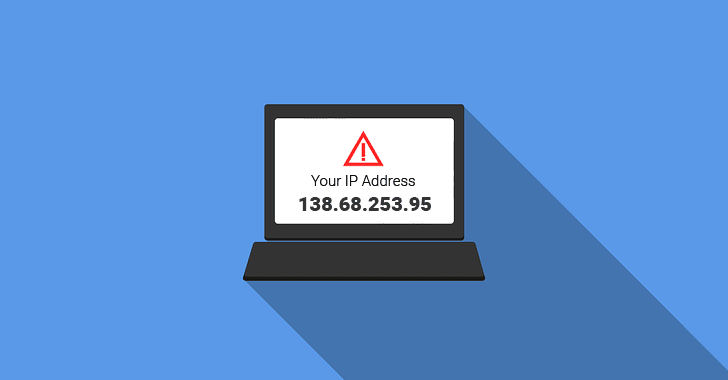23% of Popular VPN Services Leak User Data
Cybersecurity researcher John Mason tested 74 VPN services for various types of data leaks. During his tests, Mason used every possible method to try to obtain the real IP address of users—information that VPN services are supposed to keep hidden.
Mason conducted a comprehensive evaluation, using six different third-party tools to detect leaks. The results were disappointing: 17 out of 74 VPN services were found to leak user data.
“We found leaks in 17 out of 74 services. That’s a significant 22.97% of the ‘top’ VPNs on the market,” Mason wrote in his report.
VPN Services Vulnerable to Data Leaks
The researcher provided a list of VPN services that were found to be vulnerable to leaks:
- Hoxx VPN (both free and paid versions)
- Hola (free version)
- VPN Area (paid version)
- VPN.ht (paid version)
- SecureVPN (paid version)
- DotVPN (free version)
- Speedify (free version)
- Betternet (free version)
- Ivacy (free version)
- Touch VPN (paid version)
- VPN Unlimited (paid version)
- Zenmate (free version)
- Ace VPN (paid version)
- AzireVPN (paid version)
- BTGuard (paid version)
- Ra4w VPN (paid version)
- VPN Gate (free version)
Most Common Types of Leaks
The most common types of leaks identified were DNS leaks, WebRTC and IP leaks, and leaks through Chrome extensions.
Testing Tools Used
The following tools were used during the research:
- ipleak.net
- perfect-privacy.com/check-ip/
- ipx.ac/run
- browserleaks.com/webrtc
- perfect-privacy.com/dns-leaktest/
- dnsleak.com
You can read the original research here.



